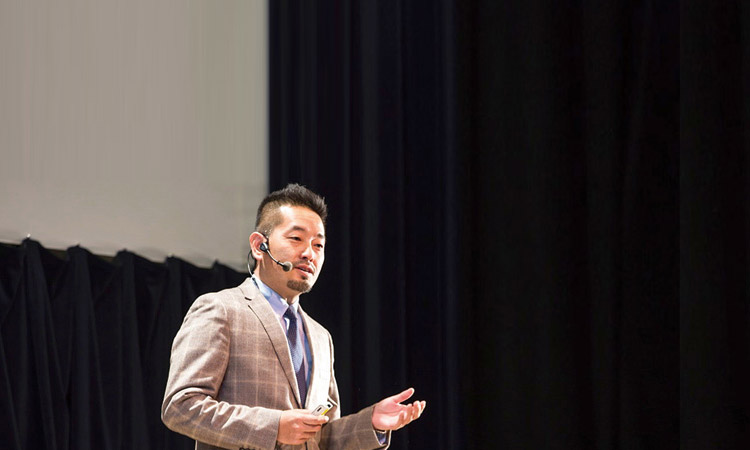
Assessment is for learning.Supporting the creation of evaluation systems that are valuable to learners.
Case Studies
OUTLINE
“Assessment for Learning” implementation support
Encouraging the development of abilities that cannot be evaluated by exams or deviation scores.
A curriculum consists of three elements: what to learn, how to learn, and how to evaluate. The quality of learning is enhanced when these elements function organically. However, there are many people who dislike evaluation. This is because they have had more bad experiences with evaluation than they have had experiences where it has helped them learn and grow! Part of the blame for this undoubtedly lies with school education.
Changing “evaluation” to the “positive” image it should have
Even though the information originally contains specific observations and advice aimed at positive outcomes, there is a large rejection of “evaluation”. Because we live in an age that demands abilities that cannot be measured by exams and cannot be expressed by deviation values, evaluations that watch for “growth as a person” and “evaluations for learning” that encourage growth are attracting attention.
Reflecting together with “learning that can only be done in a school setting”.

Opportunities to drastically change the conventional concept of schools and education, such as “remote work” and “online education,” has quickly spread throughout society as a byproduct of Covid-19. On one hand we can see the necessity of coming to school may disappear if it comes to knowledge education, but on the other hand we can also start to see the kind of learning that can only be done in a school setting.
Many of the “concepts,” “skills,” “knowledge,” and “values” acquired through essential inquiry are abilities that cannot be measured by examinations or expressed by deviation values, and it is in this kind of learning that “evaluation for learning” takes on great significance.
Through evaluation, we hope to work with schools that are “serious about learning” to innovate in education.
“Inquiry Program” introduction support
Working together to create an inquiry program for your school
The word “inquiry” is now commonly used. However, each school or educational institution has its own style of learning, even though they all claim to be “inquiry” schools. This is not necessarily a bad thing, but it is an essential process in building one’s own educational system through trial and error when starting something new.
Create an environment that clarifies the purpose of learning and enhances the ability to inquire.

Similar to the situation in which learning that emphasizes life experience, inquiry is sometimes criticized for its fragmented learning and insufficient accumulation of knowledge, or for its tendency to fall into activism, in which the means of activity become the end. However, by organically arranging each unit of inquiry and implementing inquiry as a coherent program, the purpose of learning will become clearer, the quality of learning will surely improve, and at the same time, will be able to create an environment that enhances the power of inquiry while allowing free inquiry. In addition, sharing the framework of inquiry will lead to the improvement of the skills of each teacher in charge.
“School Reform” support
Collect and analyze the opinions of parents and students from an objective standpoint.
School reform is something that can be achieved through the proactive involvement of school management and teachers, and while consulting companies may have the know-how, they cannot give the right answers or guarantee success.
Global Partners is a consulting firm that specializes in collecting the voices of parents and students/children and providing useful information to schools that are undergoing reform by compiling and analyzing the data from an objective standpoint. We specialize in carrying out only one type of reform – that is to be a user-friendly presence for everyone interested in reform.
Gather information to uncover deeper needs
We mainly use customized questionnaires based on interviews about the situation of your school, but depending on the purpose, we may also conduct direct interviews with parents and students to uncover deeper needs.
Consultant Introduction

Kazuyuki Kubo
Global Partners Co., Ltd. President & CEO
NPO Tokyo Community School, Founder
Business Breakthrough University and its Graduate School, Full Time Professor
Kazuyuki Kubo used to be involved in human resources and education in a major service industry. After establishing his company, he has been engaged in research of learning to nurture globally competent Japanese people through his wide experience in educational institutions. In recent years, he has been actively supporting the introduction and implementation of inquiry-based learning, international education curriculum, and educational evaluation tools, with a particular focus on elementary education.

 Mon-Fri 9:00〜18:00
Mon-Fri 9:00〜18:00





 Service
Service Company
Company



